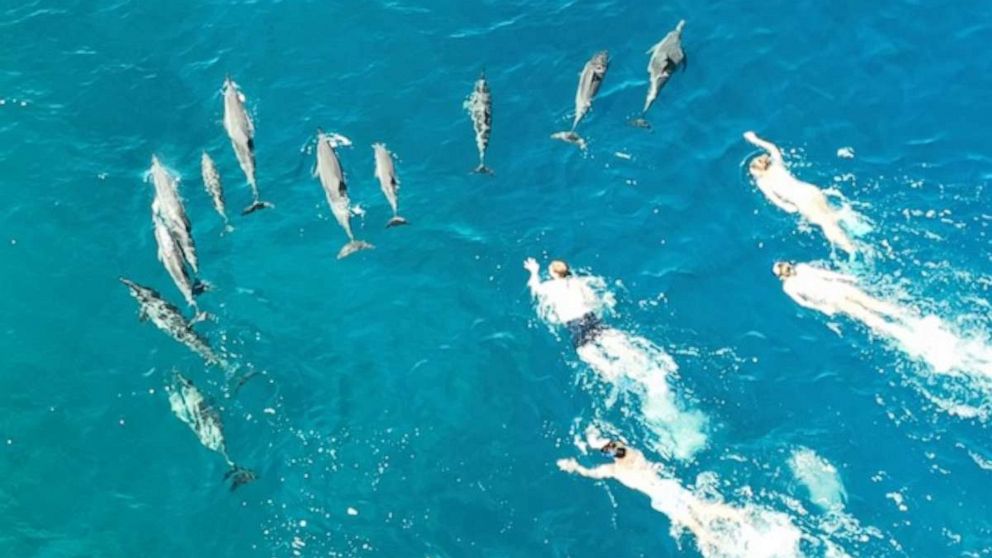In recent news, 33 swimmers in Hawaii are facing charges of dolphin harassment. The incident occurred on January 10th, when a group of swimmers reportedly chased and surrounded a pod of spinner dolphins in the waters off the west coast of Hawaii’s Big Island.
Spinner dolphins are a protected species under the Marine Mammal Protection Act, which prohibits any form of harassment or disturbance of these animals. The act defines harassment as any activity that has the potential to disturb or injure a marine mammal in the wild.
The swimmers in question are accused of violating this act by intentionally approaching and encircling the dolphins, causing them to alter their natural behavior and potentially causing harm to the animals. The charges they face include fines of up to $100,000 and possible imprisonment.
This incident highlights the importance of respecting and protecting marine wildlife. Spinner dolphins are known for their acrobatic displays and playful behavior, but it is crucial to remember that they are wild animals and should be observed from a safe distance.
In Hawaii, there are strict guidelines in place for interacting with marine mammals. These guidelines include maintaining a distance of at least 50 yards from dolphins and other marine mammals, avoiding sudden movements or loud noises that could startle them, and never feeding or attempting to touch them.
It is also important to note that dolphin harassment is not only illegal, but it can also have negative impacts on the animals themselves. When dolphins are repeatedly disturbed or chased by humans, it can disrupt their feeding, mating, and resting behaviors, which can ultimately harm their overall health and well-being.
In conclusion, the charges facing the 33 swimmers in Hawaii serve as a reminder of the importance of respecting and protecting marine wildlife. By following guidelines for responsible interaction with dolphins and other marine mammals, we can ensure that these animals continue to thrive in their natural habitats for generations to come.



